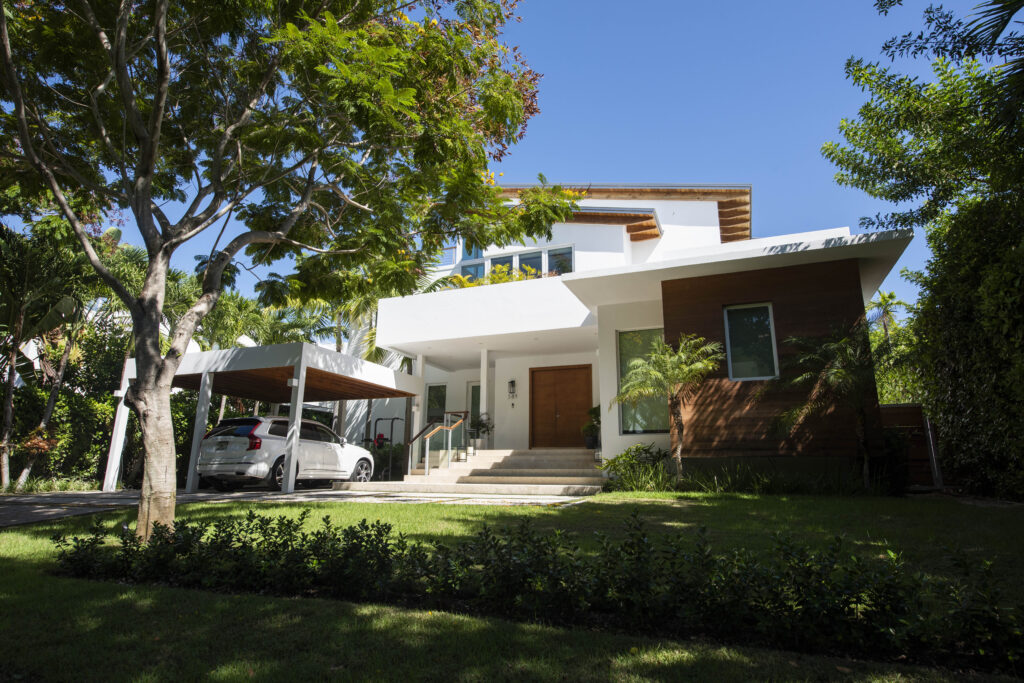
Are you in the market for a new home? One of the biggest decisions you’ll have to make is whether to build a home or buy an existing one. There are pros and cons to both options, and it’s important to carefully consider your choices before making a decision. In this article, we’ll take a closer look at the pros and cons of building vs buying a home.
Pros of Building a Home
Building a home allows you to create a custom design that fits your specific needs and preferences. You can choose the layout, materials, and finishes that suit your lifestyle and budget. Additionally, you’ll have the opportunity to incorporate the latest technology and energy-efficient features, which can save you money on your utility bills in the long run. You’ll also have the peace of mind knowing that everything in your home is brand new and under warranty.
Cons of Building a Home
One of the biggest downsides of building a home is the cost. Building a home from scratch can be much more expensive than buying an existing home, and it can take longer to complete. Additionally, you’ll need to have a lot of patience and be prepared to handle unexpected delays or setbacks. Finally, the stress of managing the construction process can be overwhelming for some people.
Pros of Buying an Existing Home
Buying an existing home can be a quicker and more cost-effective option than building a home. You’ll be able to move in right away, and you won’t have to deal with the stress and uncertainty of managing a construction project. Additionally, you’ll have a better sense of what the neighborhood is like and what kind of community you’ll be living in.
Cons of Buying an Existing Home
One of the biggest drawbacks of buying an existing home is that you may have to compromise on some of your must-haves. You may not be able to find a home that has everything on your wishlist, and you may need to make some concessions when it comes to location, size, and condition. Additionally, you’ll be inheriting any maintenance or repair issues that come with the home, and you may need to invest time and money in fixing them.
Cost Comparison
The cost of building a home vs buying an existing one can vary depending on a number of factors, such as the location, size, and quality of the home. In general, building a home can be more expensive upfront, but it may save you money in the long run if you choose energy-efficient features and appliances. On the other hand, buying an existing home can be a more affordable option, but you may end up spending more money on maintenance and repairs over time.
Tips for Making the Right Decision
If you’re still unsure whether to build or buy a home, here are a few tips to help you make the right decision:
- Consider your budget carefully and be realistic about what you can afford.
- Think about your lifestyle and the kind of home that would best suit your needs.
- Research the housing market in your area and compare the costs of building vs buying.
- If you’re planning to build, make sure you have a solid plan in place and a trusted contractor to manage the project.
- If you’re buying an existing home, make sure to get a thorough inspection and consider the cost of any necessary repairs or upgrades.
With all that said, whether you decide to build or buy a home, it’s important to consider the pros and cons of each option. Building a home allows you to customize it to your exact specifications, but it can be a more time-consuming and expensive process. Buying a home gives you the advantage of being able to move in quickly and potentially getting a better deal, but you may have to compromise on certain features.
____
No matter which route you choose, it’s always helpful to have an experienced and knowledgeable real estate agent by your side to guide you through the process. Chatburn Living is the best realtor in Miami, with a team of experts who can help you navigate the complexities of the local real estate market and find the home of your dreams.



